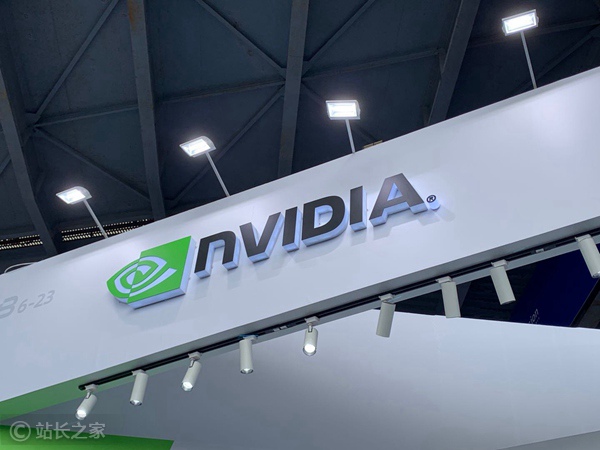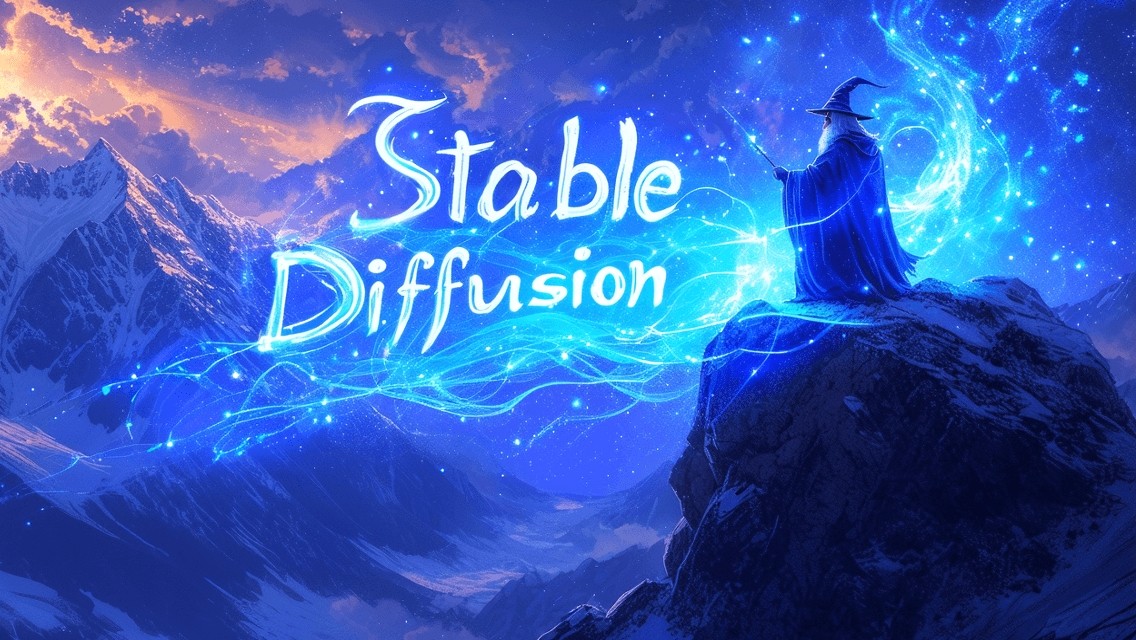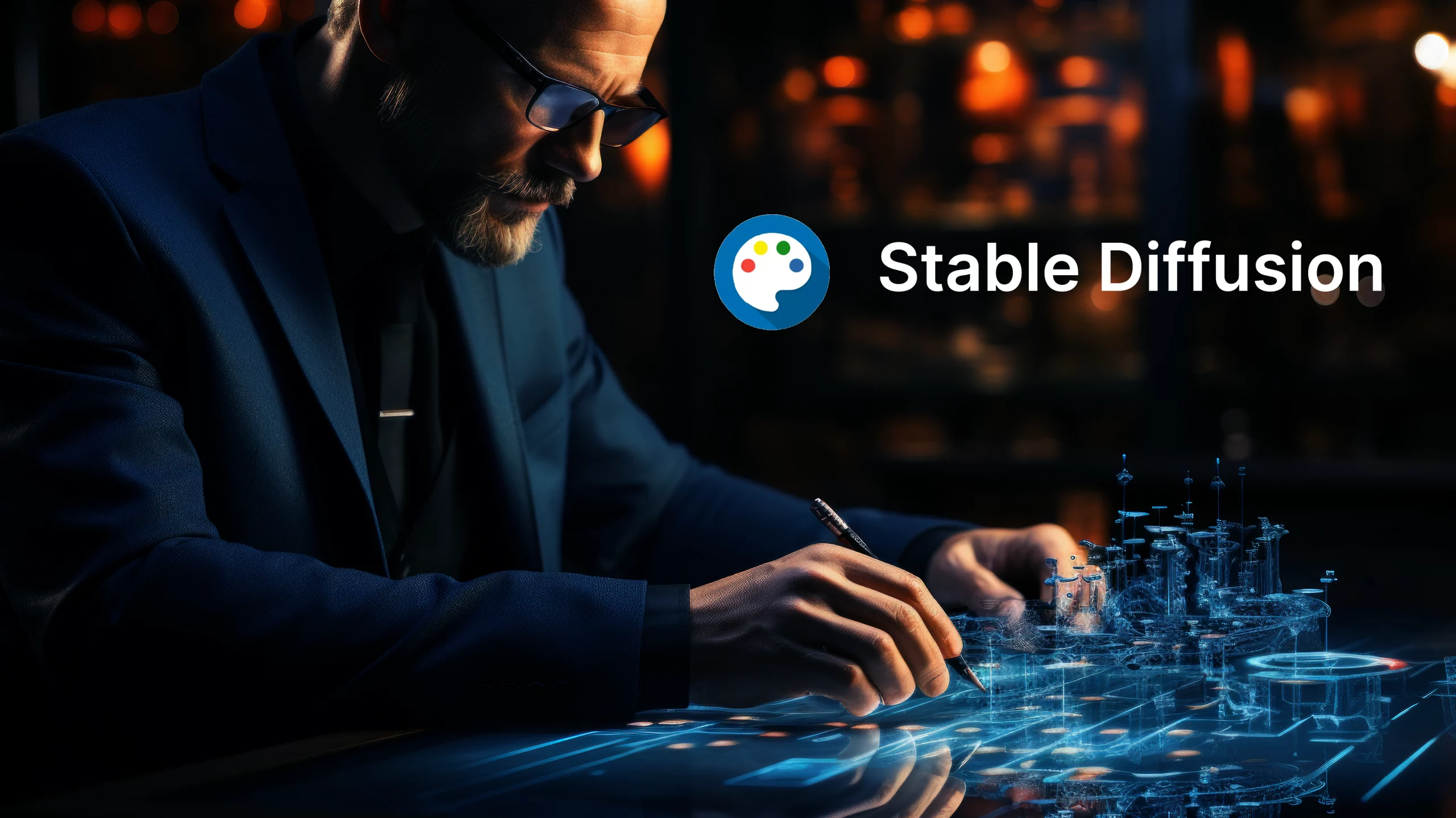In 2024, the investment craze in generative AI (Generative AI) remains unabated, with global investment reaching a new high. According to data from financial tracking agency PitchBook, global generative artificial intelligence companies raised a total of US$56 billion in venture capital last year and participated in 885 transactions. Compared with US$29.1 billion in 2023, the growth rate is as high as 192%.
In this field, well-known companies such as OpenAI, Anthropic and xAI continue to attract large investments and continuously launch new products to promote the development of the industry. In the fourth quarter of 2024, investment volume soared to US$31.1 billion, including many large-scale financing cases, such as Databricks’ US$10 billion Series J financing, xAI’s US$6 billion Series C financing, and Anthropic’s US$4 billion strategy to acquire Amazon Investment, OpenAI’s $6.6 billion financing.

However, despite the unabated financing boom, the size of mergers and acquisitions remains a small proportion of generative AI investment, at approximately $951 million. It should be noted that this data does not include "acquire-for-hire" transactions by companies such as Google, Microsoft and Amazon. For example, Google acquired most of the staff and technology of chatbot startup Character AI for $2.7 billion, while Microsoft acquired Inflection’s AI model and hired its CEO Mustafa for $650 million.・Suleiman.
U.S. companies attracted the majority of generative AI investments in 2024, with overseas startups receiving only $6.2 billion in venture capital. Despite this, some international startups have performed well, such as Beijing-based Moonshot AI, which received US$1 billion in financing in February, France's Mistral, which raised approximately US$640 million in June, Germany's DeepL, which received US$300 million in financing in May, and MiniMax from Shanghai received US$600 million in financing in March.
Looking ahead to 2025, industry analyst Ali Javaheri warns that the generative AI market may become oversaturated, with many startups competing in similar verticals. He pointed out that four companies have developed AI coding assistants and received more than $100 million in financing in 2024. In addition, many generative media startups such as Black Forest Labs and ElevenLabs have received tens of millions of dollars in investment at high valuations.
Industry sustainability faces challenges as investor pressure for sustainable revenue growth increases. Technical difficulties and huge computational costs could put additional pressure on generative AI startups, Javaheri said. He noted that only well-funded startups can keep up with innovative models.
Thankfully, infrastructure-level generative AI companies are doing well in 2024. Data center startups such as Crusoe and Lambda also performed well in financing, receiving US$600 million and US$320 million respectively. Investment firm KKR predicts that global demand for data centers will drive related spending to $250 billion per year.
AI courses are suitable for people who are interested in artificial intelligence technology, including but not limited to students, engineers, data scientists, developers, and professionals in AI technology.
The course content ranges from basic to advanced. Beginners can choose basic courses and gradually go into more complex algorithms and applications.
Learning AI requires a certain mathematical foundation (such as linear algebra, probability theory, calculus, etc.), as well as programming knowledge (Python is the most commonly used programming language).
You will learn the core concepts and technologies in the fields of natural language processing, computer vision, data analysis, and master the use of AI tools and frameworks for practical development.
You can work as a data scientist, machine learning engineer, AI researcher, or apply AI technology to innovate in all walks of life.







